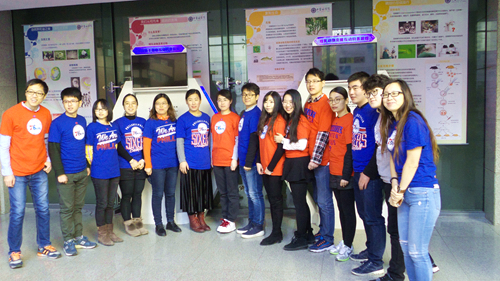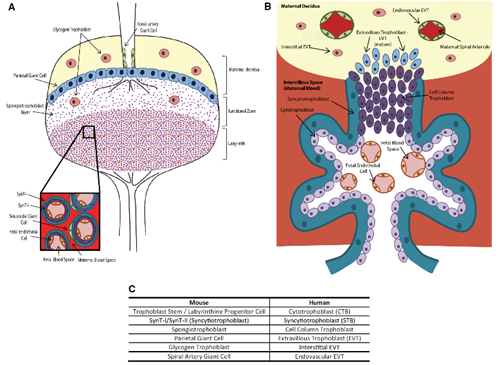Study of the physiological mechanisms underlying placental trophoblast differentiation and the correlation with pregnancy complications and diseases,
GRP (Group of reproductive physiology) Lab
Group Leader:
Hongmei Wang, Professor, Ph.D

Research Interests :
During the establishment and maintenance of normal pregnancy, placental villous cytotrophoblast cells, functions as “stem cells” of the placenta and have two distinct destinies: to undergo terminal differentiation and fusion to form the multinucleated syncytiotrophoblast, secreting crucial hormones like hCG and progesterone to maintain pregnancy; or to undergo epithelial-mesenchymal transition and form the extravillous cytotrophoblast cells infiltrating the endomyometrium to anchor the placenta, remodel the maternal vasculature, and establish a better fetomaternal circulation. Dysregulation in syncytialization or inadequate/excessive invasion of trophoblast results in early pregnancy loss, preeclampsia (PE) or fetal growth restriction (FGR).The main research interest of us is to study the physiological mechanisms underlying placental trophoblast differentiation and the correlation with pregnancy complications and diseases, with a focus on the key events including trophoblast cell fusion, invasion and migration by using placenta-specific knockout mice, live-cell imaging, high-throughput proteomics, RNA deep-sequencing and single cell RNA sequencing and some other technologies in virous cell or tissue models.

overview of human and mouse trophoblast differentiation.
( Mana M. Parast et al. 2015 Cellular and Molecular Life Sciences)
